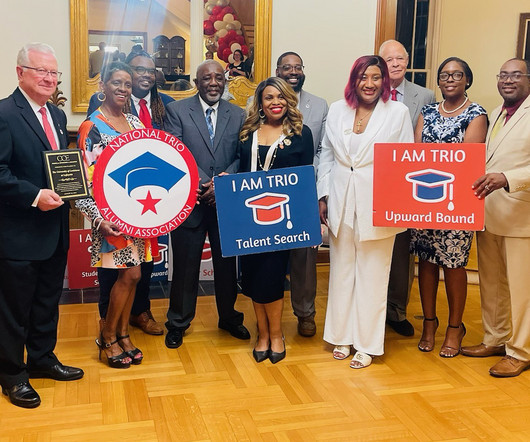Demystifying Graduate School: A Guide for First-Gen BIPOC and Nontraditional Students
COE
APRIL 16, 2024
Demystifying Graduate School: A Guide for First-Gen BIPOC and Nontraditional Students April 16, 2024 — by Yvette Martinez-Vu and Miroslava Chavez-Garcia Is Grad School for Me? ” helps readers make informed decisions about their academic and professional futures. Our book, “ Is Grad School for Me?














Let's personalize your content